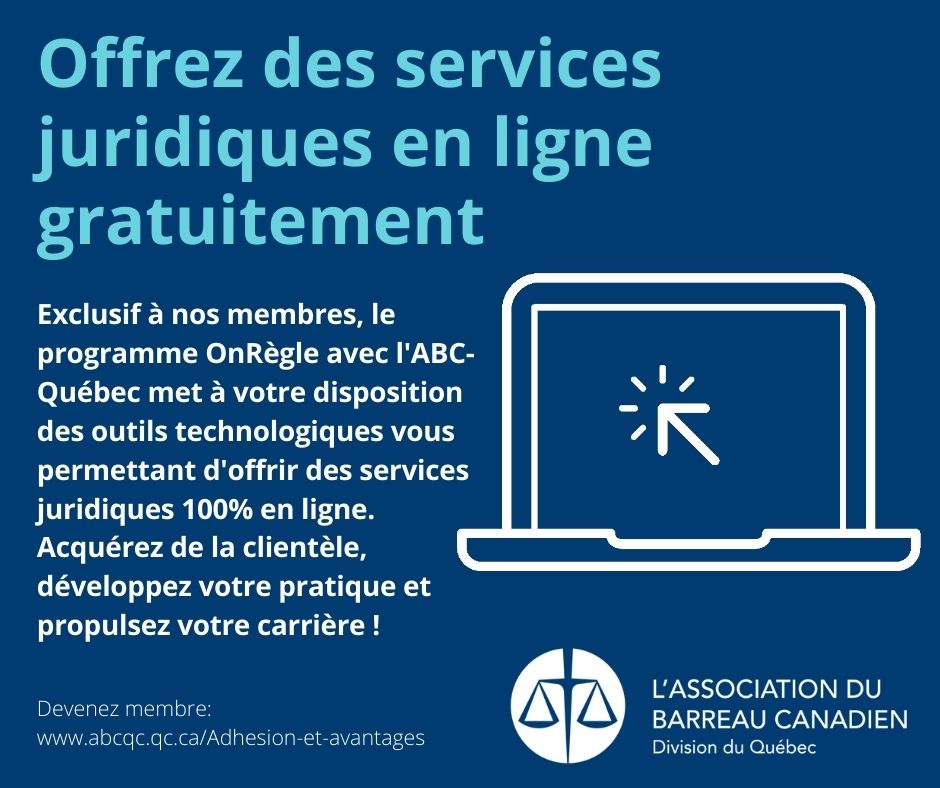A.G. Schneiderman announces settlement with pfizer to end deceptive advertising practices and off-label promotion of immunosuppressive drug Rapamune
Pfizer Marketed Drug For Purposes Unapproved By U.S. Food And Drug Administration, Lobbied Doctors And Hospitals To Prescribe Drug For Off-Label Uses
NEW YORK — Attorney General Eric T. Schneiderman today announced that he, along with 40 other state Attorneys General and the District of Columbia, reached a $35 million settlement with Pfizer arising from alleged improper marketing and promotion of the immunosuppressive drug Rapamune. New York’s share of the settlement is over $1.7 million. Pfizer, as parent of Wyeth Pharmaceuticals Inc., agrees to be bound by the judgment and to resolve allegations that Wyeth unlawfully promoted Rapamune. Attorney General Schneiderman’s office served on the Executive Committee of this multi-state investigation.
“There has to be one set of rules for everyone, no matter how rich or powerful, and that includes big pharmaceutical companies that make unapproved and unsubstantiated claims about products in order to boost profits,” said Attorney General Schneiderman. “Patients and consumers need to have confidence in the truthfulness of claims made to them by medical providers without having to worry about drug companies manipulating the doctor-patient relationship. Their health and well-being depend on it.”
Rapamune is an immunosuppressive drug that prevents the body’s immune system from rejecting a transplanted kidney. Its label, as approved by the Food and Drug Administration (FDA), authorizes its use only immediately after kidney transplants in limited combinations with other specified drugs.
In the settlement, filed today in New York County Supreme Court, Attorney GeneralSchneiderman alleges that Wyeth engaged in off-label marketing, promoting the drug for uses that were not FDA-approved. Wyeth improperly promoted Rapamune (1) for liver, heart and lung transplants when the drug was approved only for use after kidney transplants: (2) for conversion use (switching a patient from another drug to Rapamune), which was also unapproved; and (3) in unapproved drug combinations. The complaint further alleges that Wyeth violated state consumer protection laws by misrepresenting Rapamune’s uses and benefits through an orchestrated campaign of promotional talks by Wyeth-retained doctors, misleading presentations of data, and funding of studies at hospitals and transplant centers designed to encourage off-label uses of Rapamune.
The settlement prohibits Pfizer from:
- Promoting any FDA-approved prescription drug or biological product manufactured, distributed, sold, marketed, or promoted by Pfizer in the United States (“Pfizer product”) for off-label uses;
- Making any claim comparing the safety or efficacy of a Pfizer product to another product when that claim is not supported by substantial evidence;
- Providing financial incentives for sales attributable to off-label uses of any Pfizer product;
- Making, or causing to be made, any written or oral claim that is false, misleading, or deceptive regarding any Pfizer product;
- Affirmatively seeking the inclusion of Rapamune in hospital protocols or standing orders for which Rapamune has not been approved by the FDA;
- Disseminating information describing any off-label or unapproved use of Rapamune unless such information and materials complies with applicable FDA regulations;
- Seeking to influence the prescribing of Rapamune in hospitals or transplant centers in any manner (including through funding clinical trials) that does not comply with the Federal anti-kickback statute.
States participating in the settlement are Alabama, Arizona, Arkansas, California, Colorado, Delaware, Florida, Georgia, Hawaii, Illinois, Indiana, Iowa, Kansas, Kentucky, Louisiana, Maine, Maryland, Massachusetts, Michigan, Minnesota, Mississippi, Missouri, Nebraska, Nevada, New Hampshire, New Jersey, New Mexico, North Carolina, North Dakota, Ohio, Oklahoma, South Dakota, Oregon, Pennsylvania, Tennessee, Texas, Utah, Virginia, Washington, and Wisconsin, as well as the District of Columbia.
The case was handled by Assistant Attorney General Benjamin J. Lee, Deputy Bureau Chief Laura J. Levine, Bureau Chief Jane M. Azia, all of the Consumer Frauds Bureau, and Executive Deputy Attorney General of Economic Justice Karla G. Sanchez.












